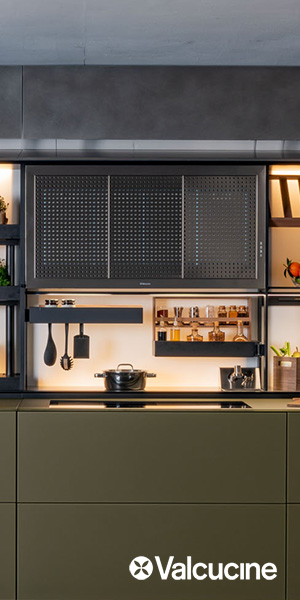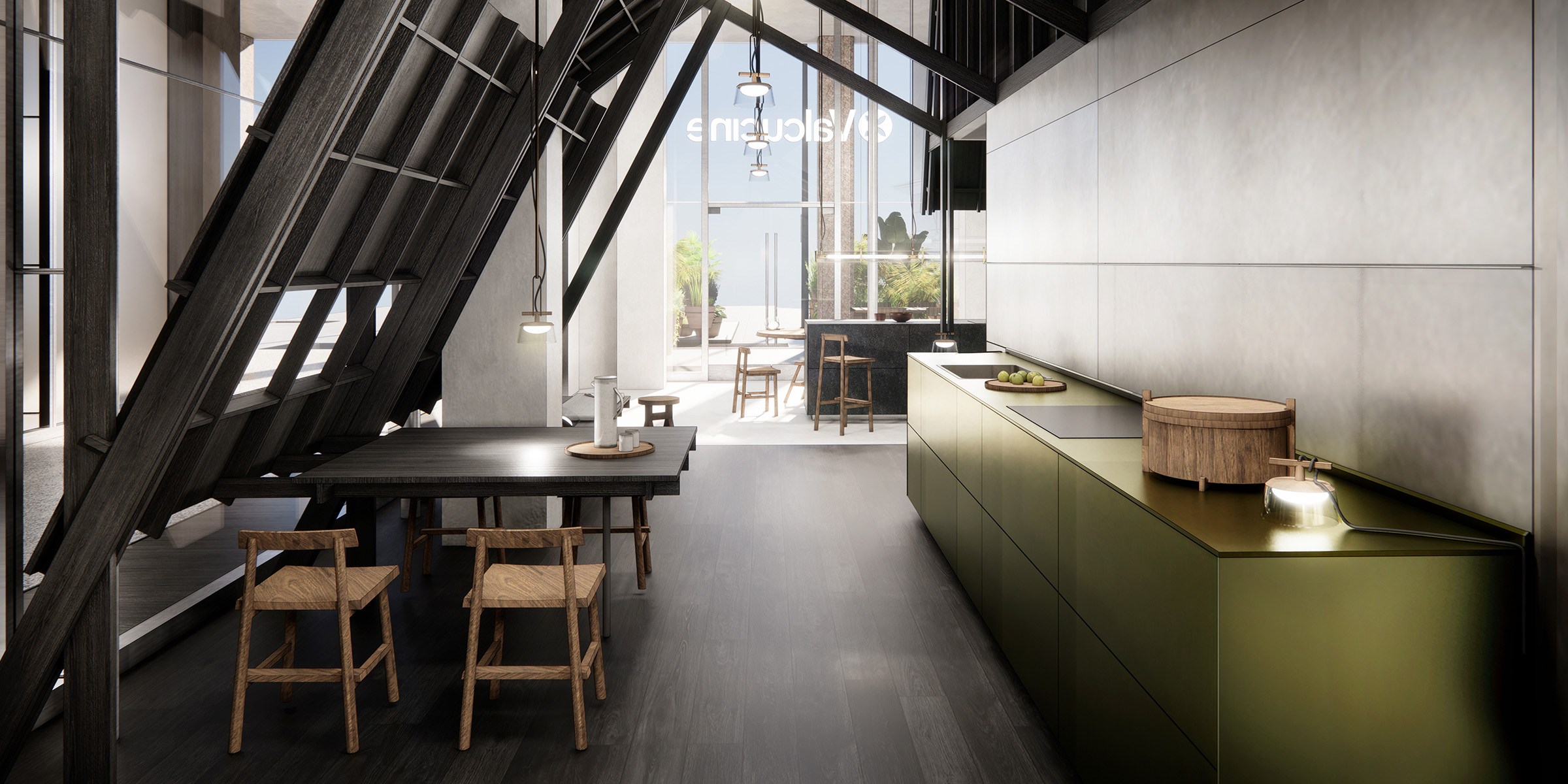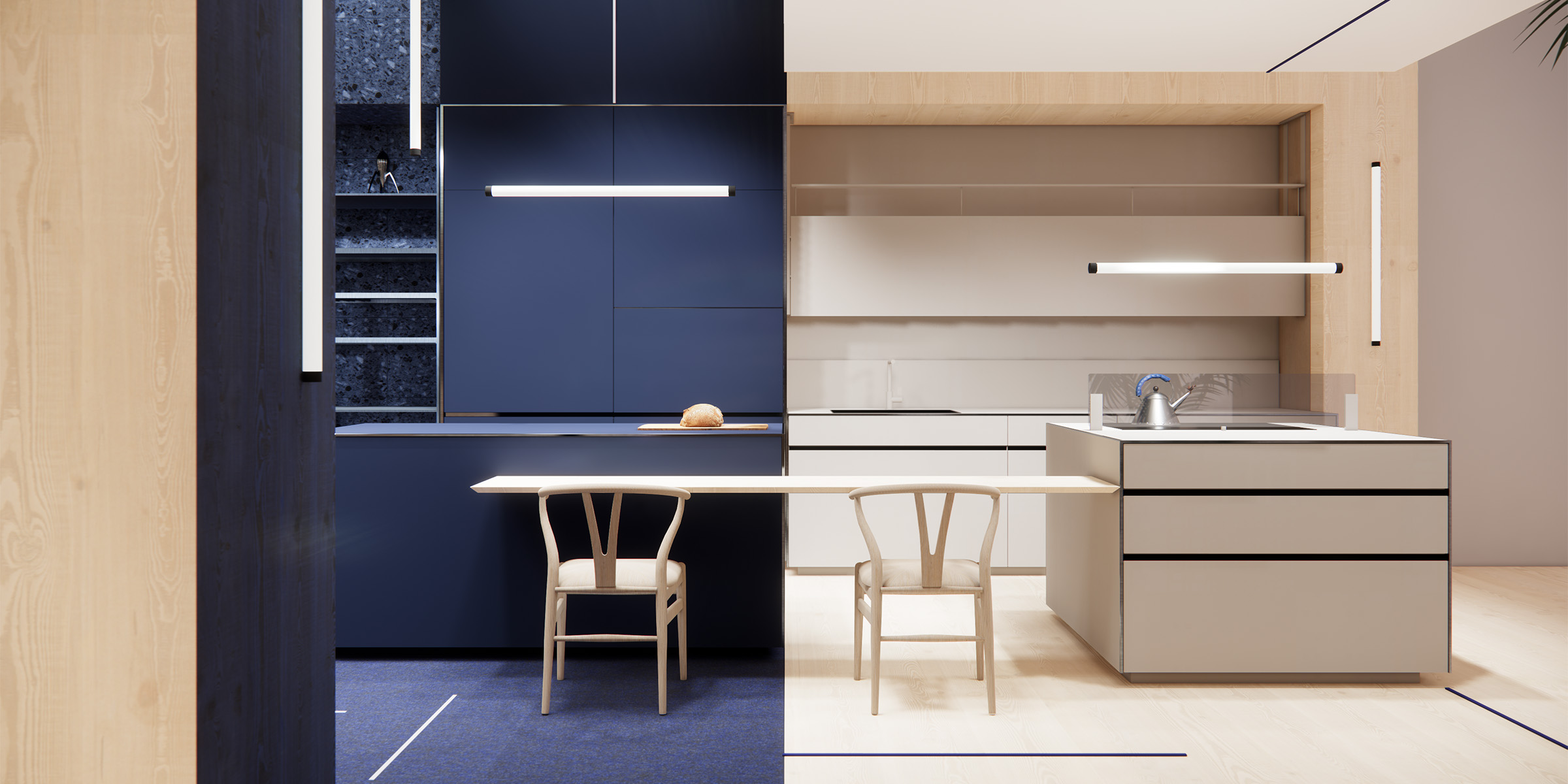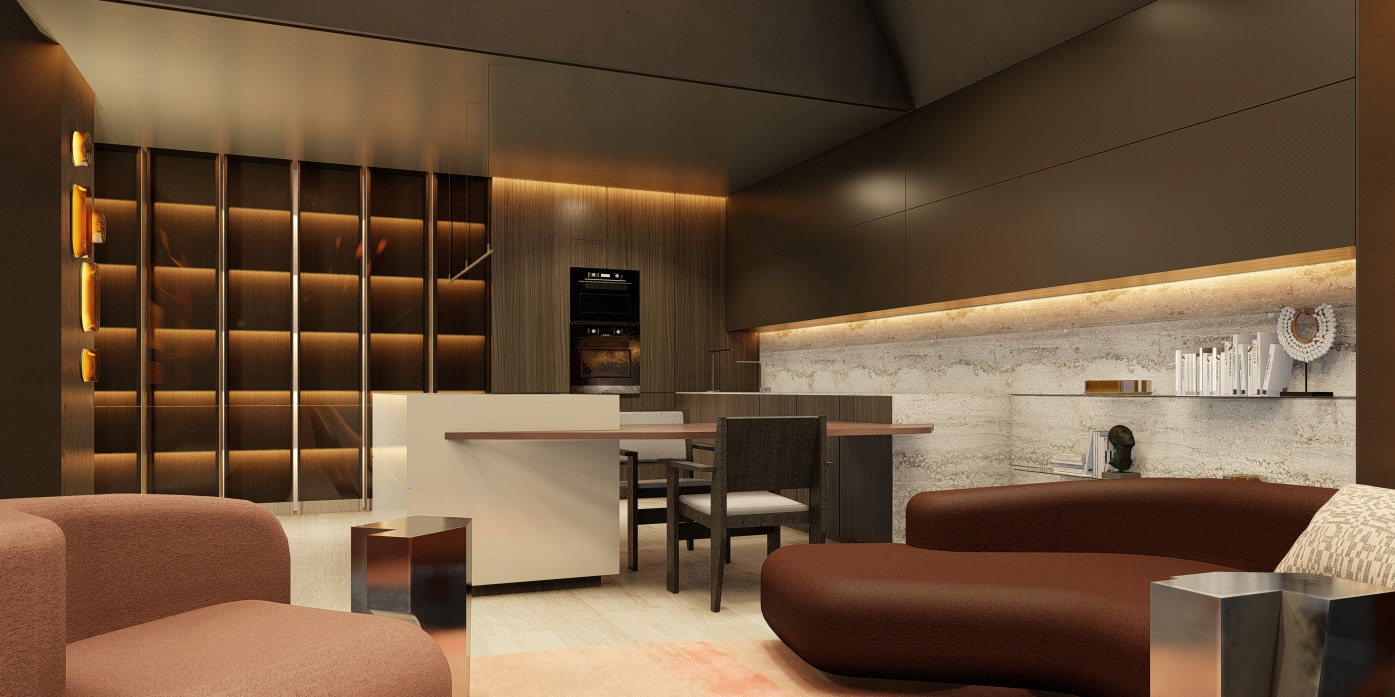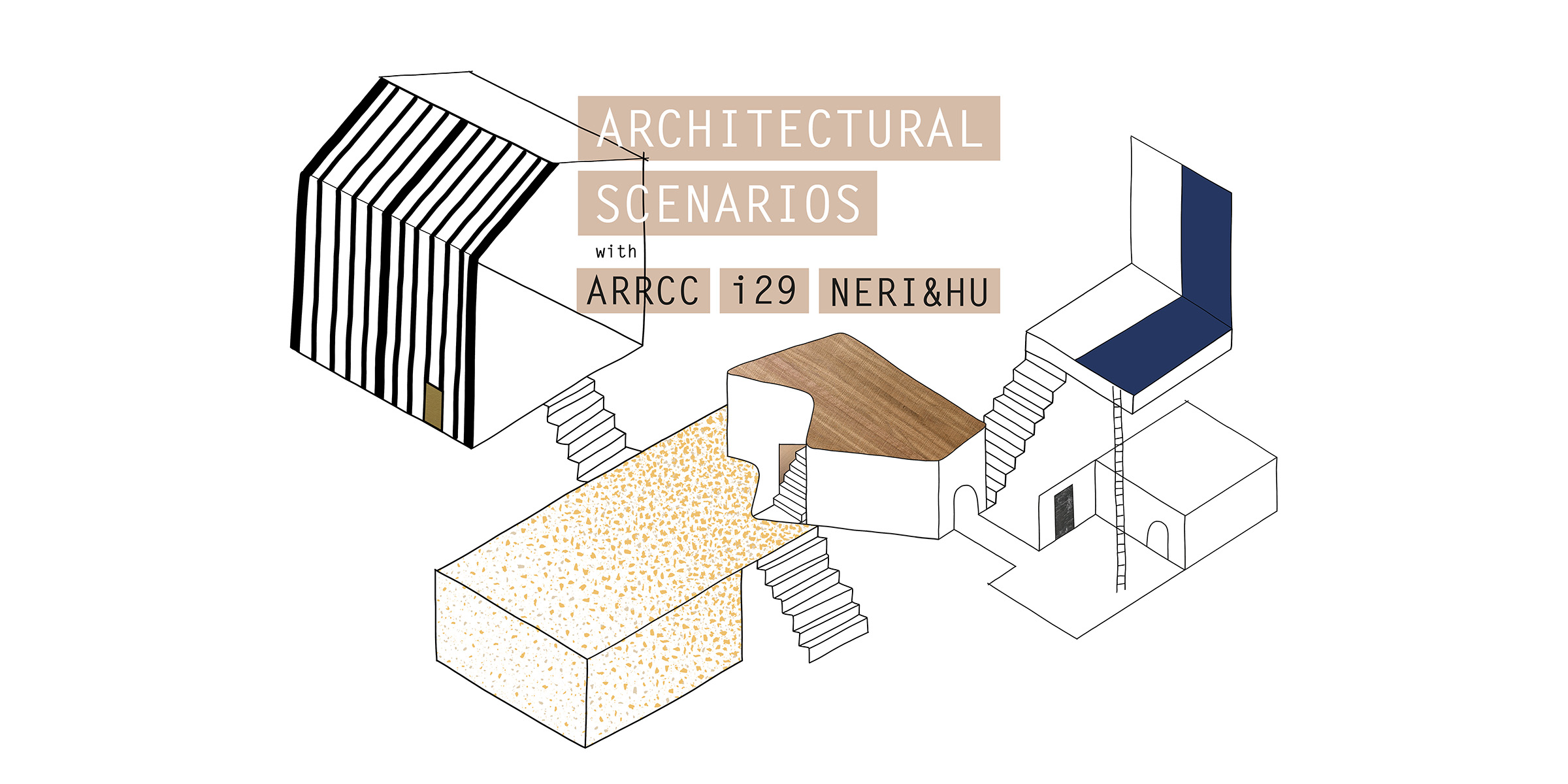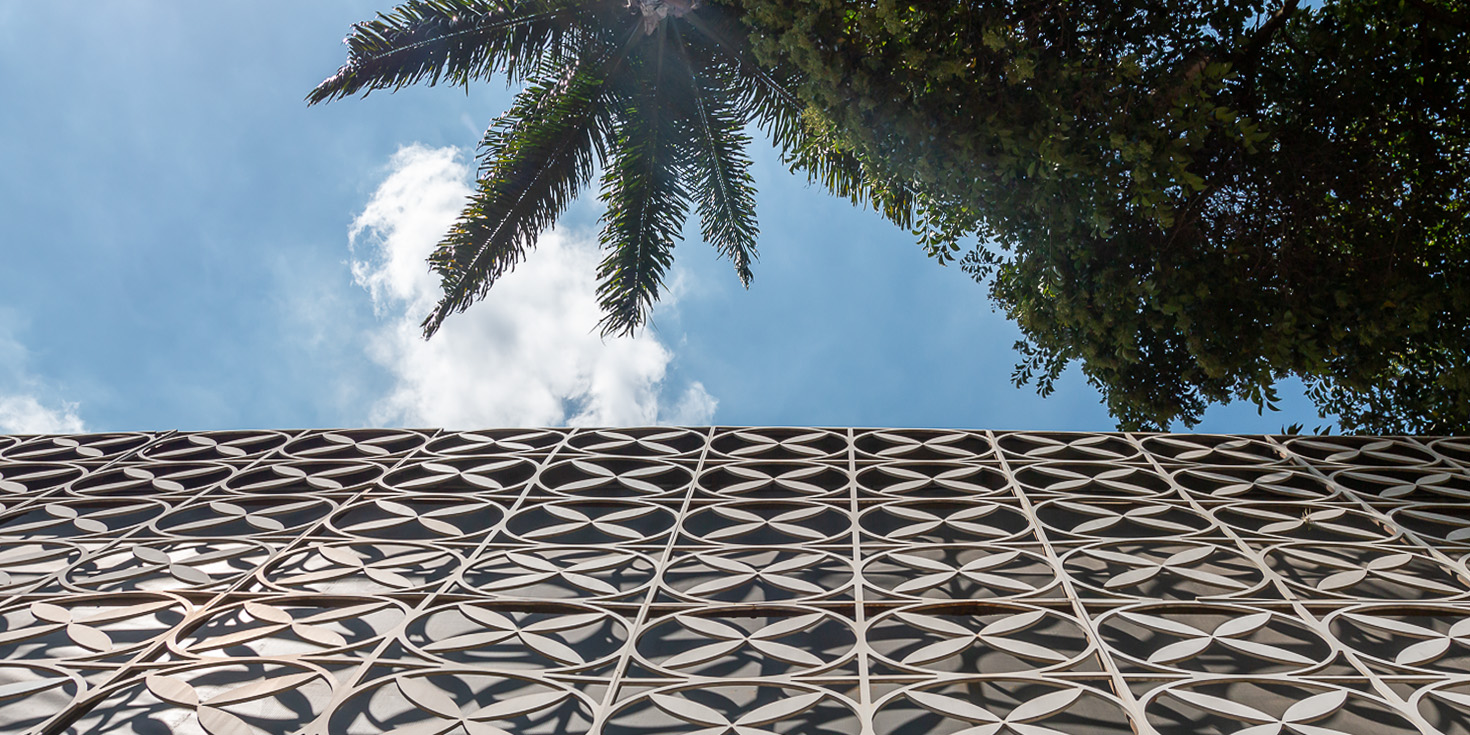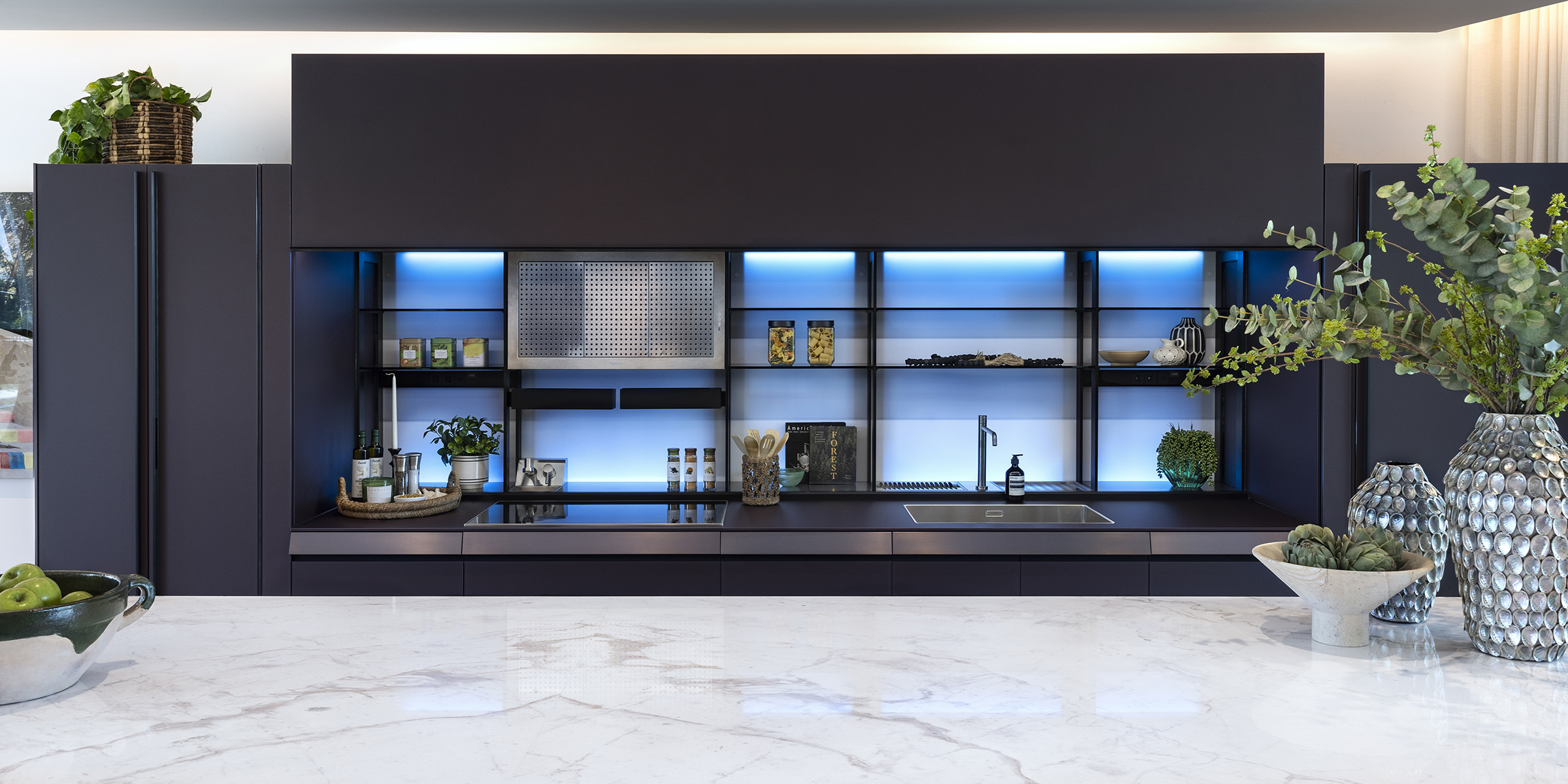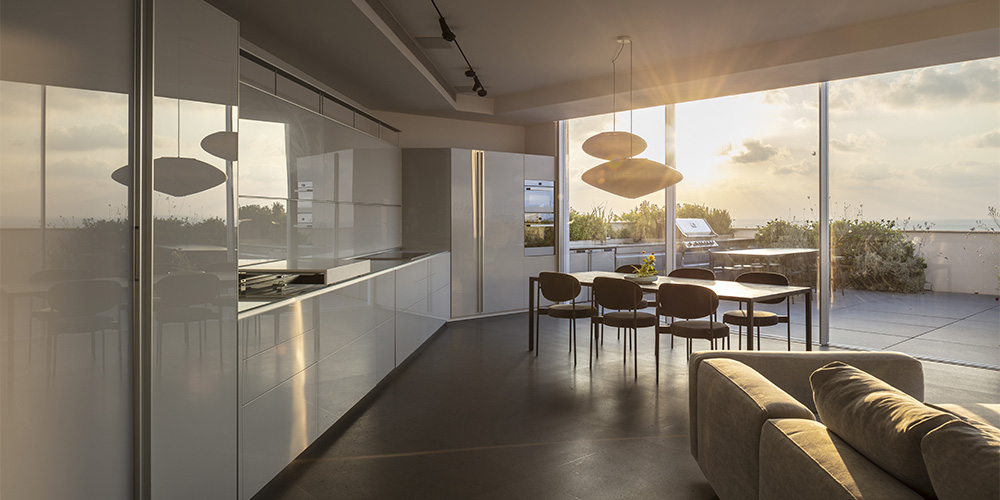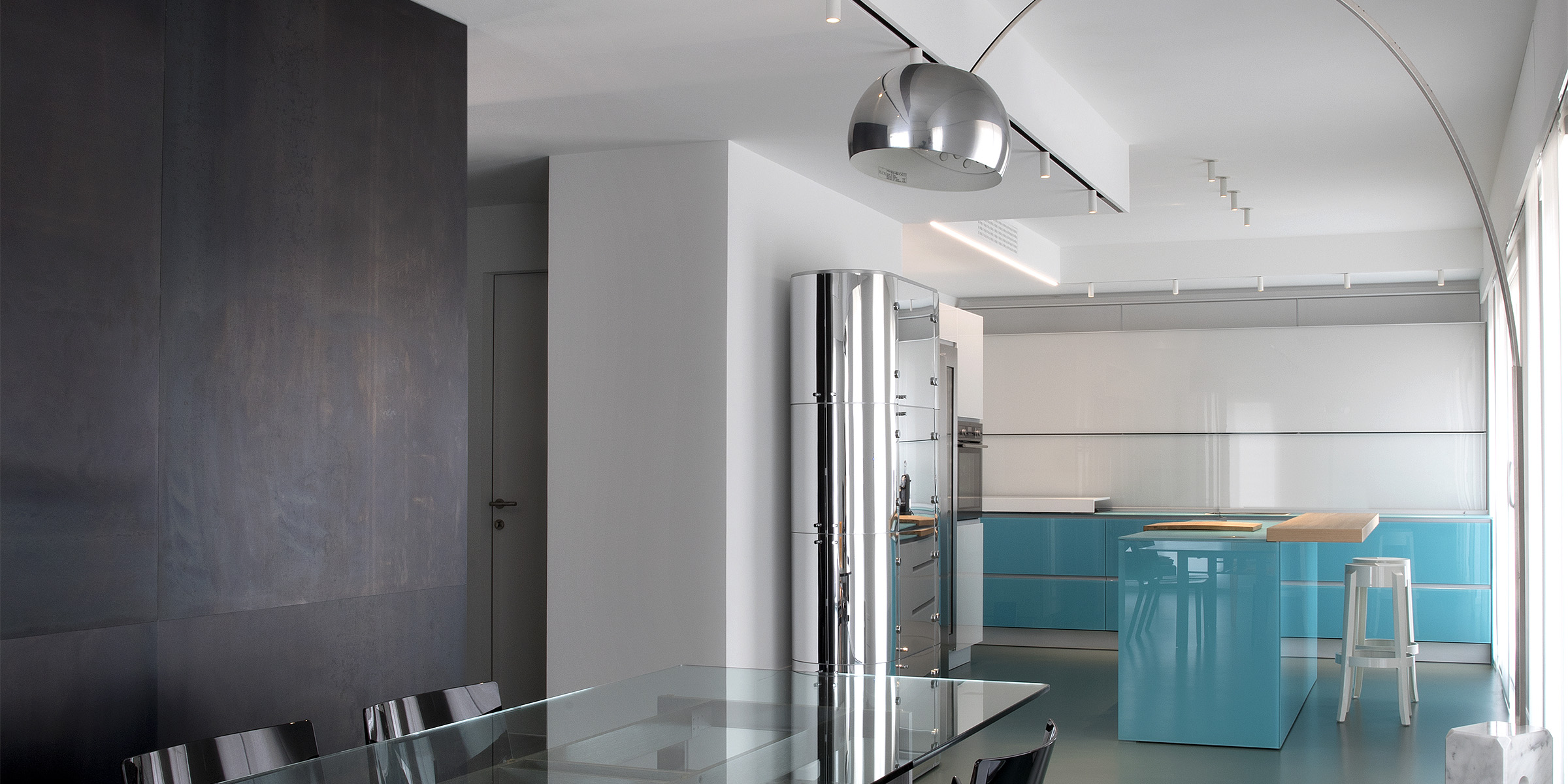Italian homes open their doors to 100% recyclable kitchens
Ecological* and natural raw materials, eco-compatible processes, recycling and abolition of waste: the Italian wood-furniture sector is increasingly more focused on becoming green. Sustainability often becomes a competitive advantage in the most important markets. And this trend is also confirmed by the figures: according to the Environmental Report drawn up by Federlegno Arredo (the Italian Federation of wood, cork, furniture and furnishing industries) one out of every three Italians would be willing to pay an extra 10% for ecological furniture.
Companies are happy to oblige. With 1,689 certified companies, Italy is classified as the fifth country in the world in terms of the FSC certifications obtained (this label certifies products containing wood from forests that are managed in a sustainable and responsible way). This is also thanks to the so-called “Chair manufacturing district” located in the Friuli Venezia Giulia region that boasts 48 certified companies employing about 1,000 workers and producing a turnover of 150 million Euros. On the other hand, a company called Tabu was the first stained veneer and stripwood manufacturer to apply for FSC certification.
Tabu has been offering its customers 100% certified wood since 2003 while, in 2009, it launched its EcoZero line made from certified wood and formaldehyde-free glues. From glues to colours, Snaidero has been using water-based lacquers since 2006 and, from then on, has made a special effort to reduce the aromatic thinners employed to limit the emissions of VOC from lacquers.
For home furnishings, green conversion also means using natural fibres to make tapestries, covers and upholstery. Passoni Nature, for instance, produces high-quality, eco-sustainable furniture using Ecolabel wool upholstery and CertiPur certified padding materials. Onfuton, on the other hand, uses only pure ecological cotton, natural latex and rubber-coated coconut husk fibres for its futons.
Then there are companies specialised in using recycled materials. For instance, those that produce panels using only wood sourced from pallets, chips, old furniture, branches, wood and other tree pruning scraps, wooden packaging, fruit crates and machining scrap. In other words, without felling trees. One of these is the Fantoni group that employs raw materials sourced from other productions and has developed a sophisticated technological know-how by which a wide range of wood products, including sawdust, can be used. The Framework 2.0 collection of panels, produced using recycled and 98% recyclable materials, derives from this technology.
Nevertheless, to ensure full product sustainability, neither the use of ecological and natural raw materials nor specialising in recycling is enough. The focus must shift onto the entire life cycle of the product, from production to disposal. In other words, furniture must be made to last, from parts that can be separated, easily disassembled and recycled, manufactured using the least possible amounts of energy and raw materials. The pioneer of this approach in Italy is Valcucine. The company has produced a kitchen in aluminium and tempered glass that is fully recyclable and produces no harmful substances at all. By borrowing technology from the automobile industry, Valcucine launched Meccanica, a revolutionary, dematerialised kitchen cabinet system designed using only shelves and deep drawers. Even the innovative fabric and metal doors are dematerialised thanks to their very slim panels and to the materials used: a covered frame for the former and a 2mm thick panel for the latter. The kitchen has been designed to be 90% reutilised and is 100% recyclable.
Lastly, sustainability means energy efficiency and clean energy. The leader in this field is Bellotti, the first Italian company in the wood-furniture sector to have produced a photovoltaic system that is fully-integrated in the roof. A 10,000 m2 surface on which 4,500 photovoltaic panels have been applied that produce 1.026,600 kWh of clean energy per annum. This avoids the emission of 645.87 tons of CO2 every year.
(Source IlSole24Ore, 13 November 2013, L.G.)
ps: *we are not used to say ecological. Truly ecological and industrial products do not exist, but the possibility to reduce the impact of the industrial process does.
LATEST POSTS



